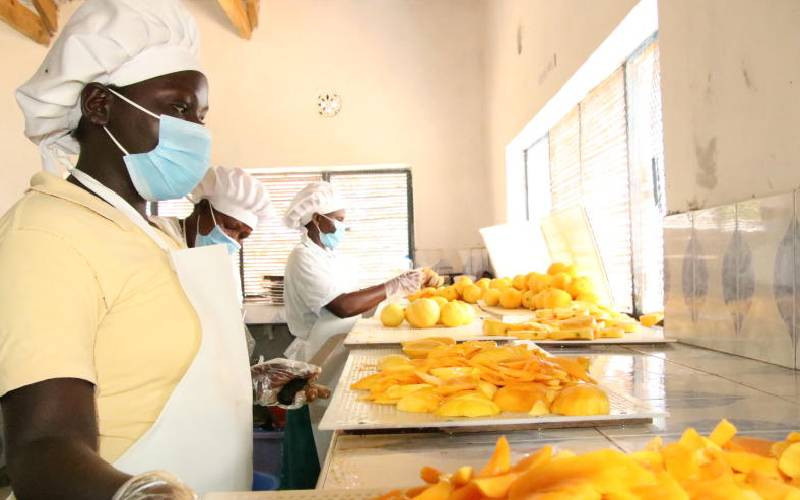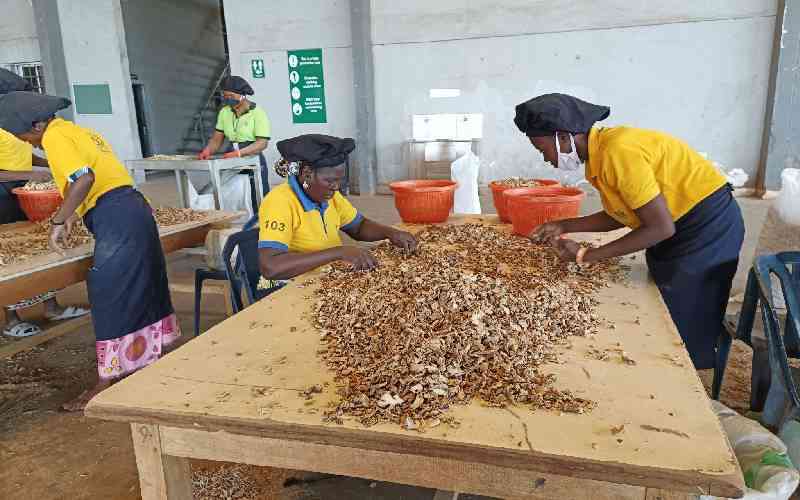Among the few PhDs in the village, I often sit at the front row during academic days in schools, called upon to give motivational speeches to young dreamers. I wear my best suit—polished shoes, and carry a worn-out briefcase filled with hope, and a voice tempered by the fires of research. I talk about resilience, hard work, and the value of education. They call me "Daktari!" with pride.
Yet now, I stand at a crossroads of brutal irony. In one hand, an invitations to pre-university parties; in the other, a redundancy letter—cold, impersonal, and final. My walking style has changed—less bounce, more burden. My head, once held high in lecture halls and academic conferences, now bows not in humility but in humiliation. The cookies, as they say, have crumbled—and not in my favour.







